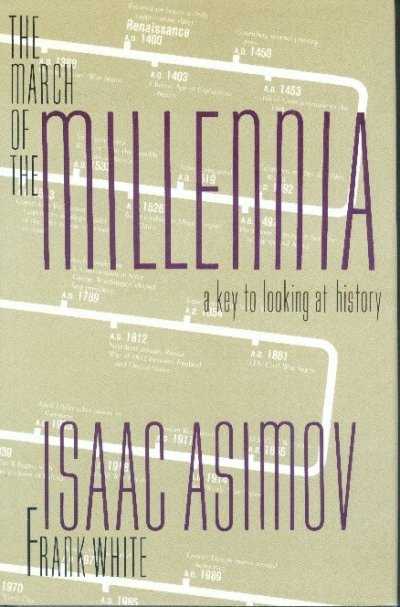Bestwifeever
Moderator Emeritus
- Joined
- Sep 17, 2007
- Messages
- 17,774
I think some people forget that public sector pensions have a contribution factor from the employee, the same as the rest of us contribute a percentage to SS, so I see public sector pensions much more like SS than the private sector pensions. DH has a frozen noncola private sector pension that he did not contribute to and whose calculation did not grow once the plan was frozen--that plus SS will cover our expenses and the defined contribution plan that replaced the pension some 20 years ago turned out to be a darned good thing for him. Unlike people receiving most private sector pensions, most of the public sector folks are not going to receive SS.
(I know people are going "well duh" but I have to remind myself of this every once in a while )
)
(I know people are going "well duh" but I have to remind myself of this every once in a while


 The wait begins.
The wait begins.